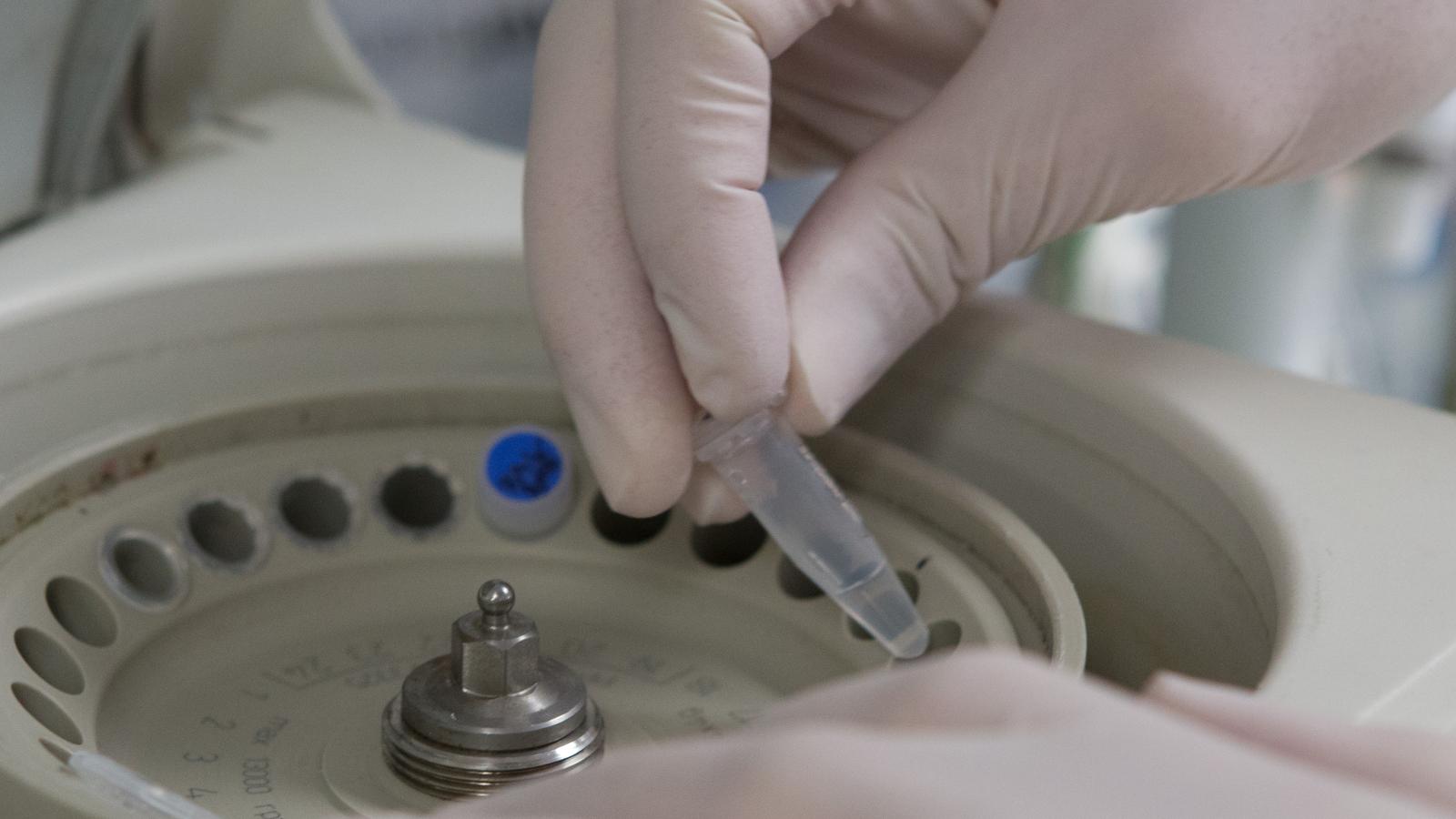In October 2016, the MRC awarded five universities a total of £3.9 million to grow and develop the UK’s research base in dementia science.
The Momentum Awards, designed to support the UK Dementia Research Institute (UK DRI), will help open new research avenues which could transform the potential of dementia research in the UK. The awards represent the first steps in establishing the capabilities for the DRI.
Each award will enhance overall dementia research capacity in the UK and, crucially, will accelerate the recruitment of research leaders and ‘rising stars’ from both within and outside of the UK. The funding will also help current researchers develop promising connections between different research disciplines to bring new understanding to the field, as well as exploit emerging scientific opportunities and explore new approaches to fight the disease.
Dr Rob Buckle, director of science programmes at the MRC, said: “The UK DRI is the biggest single investment into dementia research the UK has ever seen and we are proud to start building the foundation for it. These transformative awards will create exciting new opportunities across the dementia research landscape and provide impetus to allow the Institute to start making its mark as soon as it is launched.”
Successful awardsUniversity of Bristol
This interdisciplinary award will build upon the work of SPHERE (Sensor Platform for Healthcare in a Residential Environment) funded by the Engineering and Physical Sciences Research Council (EPSRC) to develop novel computational approaches to analyse behaviour and derive ‘signatures’ relevant to dementia based on health-related behaviours at home. This work will be supported by the University’s strengths in neuroscience and population health, alongside the recruitment of a 'rising’ star to lead the project.
Cardiff University
The award will be used to recruit two ‘rising stars’ focused on novel and complementary areas: immune pathways relevant to dementia and the development of stem cell (iPSC) models of neurodegenerative disease. The University has background strengths spanning disease genetics, neurobiology, immunity, brain imaging through to population medicine, which provides a broad foundation for the new recruits. In addition, the University will provide PhD students to the new recruits to support their work and intends to lever additional ‘rising star’ awards through a new fellowship scheme.
University of Edinburgh
The award will provide a start-up package for the recruitment of a senior researcher from mainland Europe to a new Chair in neuroinflammation research and support for two team members. The University of Edinburgh has strengths in systemic inflammation and microglial biology and is in a unique position to provide the foundation for the new recruit to bring their wide-ranging expertise in the role of myeloid cells in health and disease to focus on dementia. The University has complementary scientific strengths in neuronal, vascular and metabolic processes.
University of Manchester
The award will focus on bringing innovative science, new approaches and/or new researchers to dementia research. The funding will support a cluster of pump-priming ‘high risk-high payoff’ projects on a range of dementia topics such as proteostasis dysfunction, neuroinflammation, neurovascular dysfunction and cognitive-clinical neurosciences. The research will prioritise approaches to discover new ways to diagnose dementia and new targets for drug development, and include ambitious and novel work to develop sensitive biomarkers of disease using modern nanotechnologies.
University of Oxford
The award will be used to support ‘high risk/high pay-off’ projects carried out by researchers who are on an upward career trajectory. The overarching theme of the award is the role of immune cells, known as microglial, in Alzheimer’s disease, with the focus on areas with untapped potential for dementia research. The four projects are designed to develop key capabilities in the provision of human brain cell types, cell imaging analysis and targeting signalling pathways, and will include recruitment back to the UK of a researcher who currently holds a faculty appointment in the US.
to grow and develop the UK’s research base in dementia science
